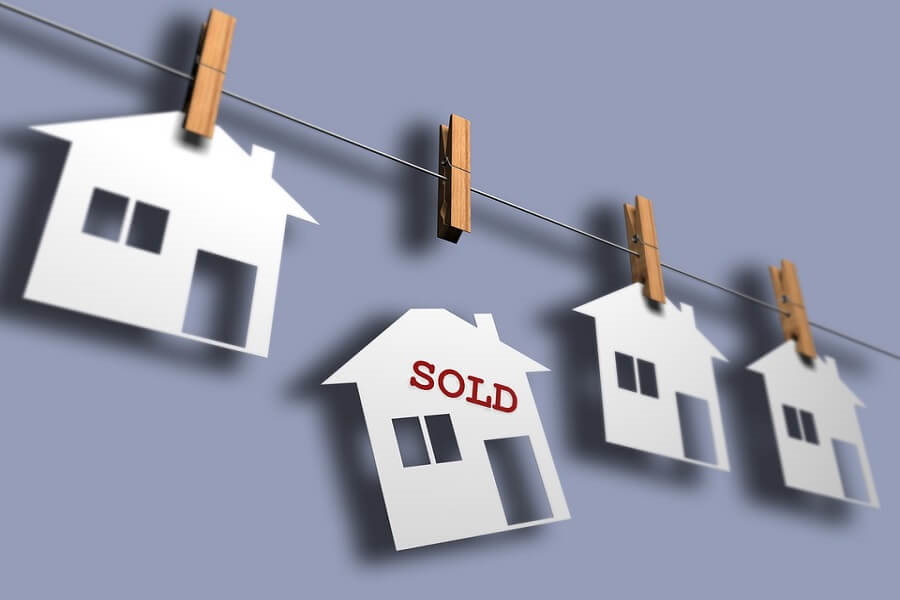Interest rates up another 50 basis points with more hikes to come
- Written by Tim Lawless, Research Director, CoreLogic

As widely expected, the Reserve Bank of Australia (RBA) lifted interest rates by another 50 basis points today. The fourth rate hike in as many months, today’s decision takes the cash rate from an emergency low of 0.1% to 1.85%. Since commencing the tightening cycle on 5 May, 2022, the cash rate has risen by 175 basis points; but despite the rapid hike, the cash rate remains well below the pre-COVID decade average of 2.56%.
Clearly, the RBA is first and foremost in inflation fighting mode, and is probably prepared to look through any peripheral weakness in housing demand, or temporary slowdown in economic activity and looser labour markets, as the cash rate approaches a contractionary setting later this year. In fact, lower house prices and higher mortgage repayments may help to contain inflation through wealth effects, and limiting household consumption.
The good news is the RBA believes inflation will approach a peak towards the end of the year, implying the cash rate should stabilise as inflation reduces back to 2-3%. Potentially the cash rate could retrace some of the hikes through the second half of next year. In fact, this is the trajectory that financial markets are now pricing in, with the ASX cash rate futures indicating a peak in the cash rate at 3.32% by March next year followed by an easing back to 2.99% by the end of 2023.
Today’s rate hike, which is likely to flow through in its entirety to variable mortgage rates within a matter of days, paints a weaker picture for the housing sector. Higher interest rates have already had an immediate downside impact on housing values, with CoreLogic’s combined capital cities index peaking shortly after the first rate on hike in May. Since that time, dwelling values across the combined capital cities index are down -2.8% to 1 August, after rising 25.5% through the recent upswing.
According to most bank forecasts, the cash rate could rise at least another 75 basis points before peaking. With this in mind, the decline in housing values is expected to become steeper and geographically more widespread. Nationally, home values are already falling at the fastest pace since the Global Financial Crisis (GFC), while Sydney values are declining at the fastest pace since at least the early 1980s, having fallen -5.3% since peaking in mid-February, with most of that decline (4.8%) occurring since May’s cash rate increase.
The trajectory of home values will depend on how fast and how high interest rates move, along with the performance of the broader Australian economy, labour markets and demographic trends. In turn, sensitivity of highly indebted households, and dampened consumption resulting from lower house prices means the RBA may continue watching the housing market closely. As the cash rate finds a ceiling, that will probably be the cue for housing values to find a floor.







